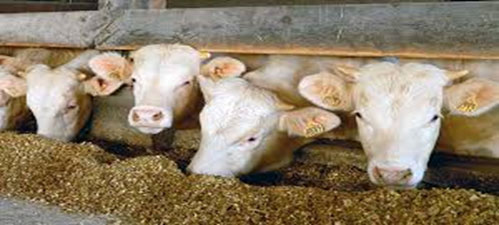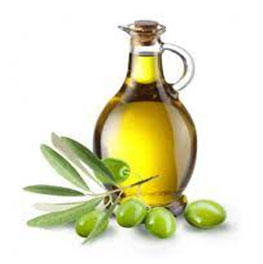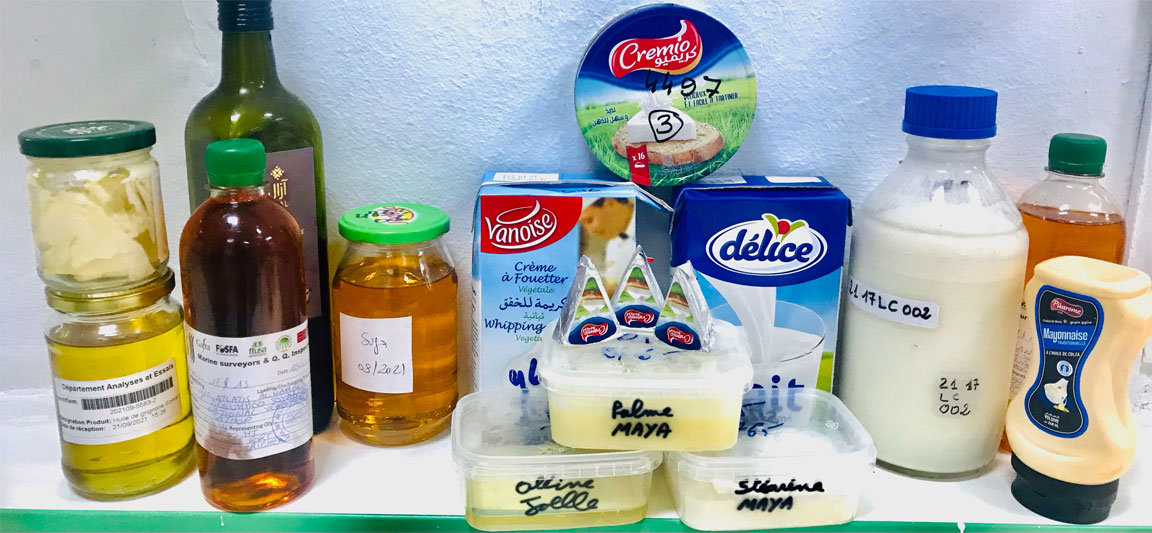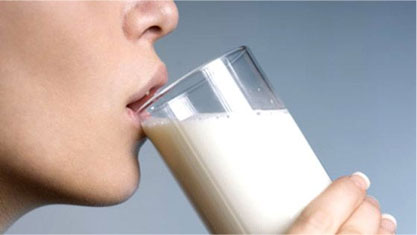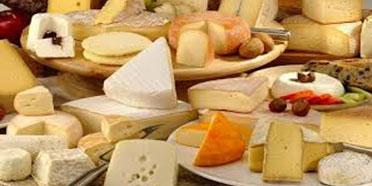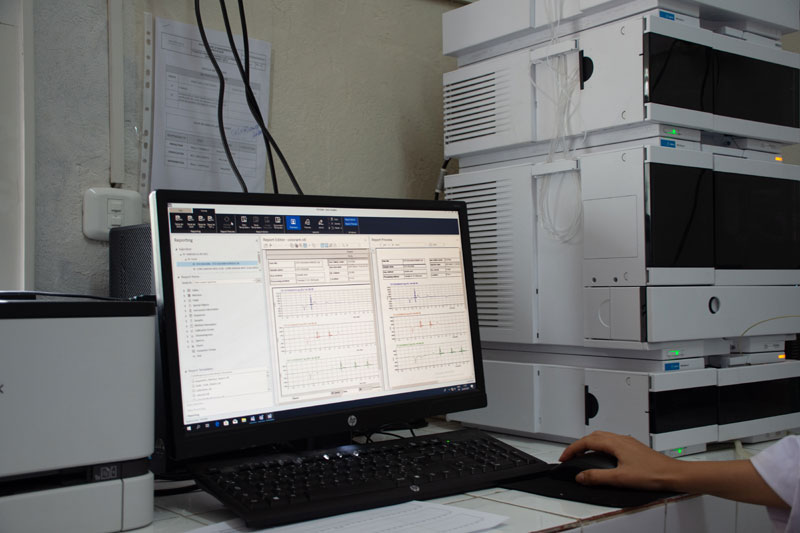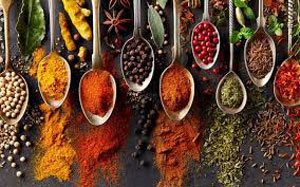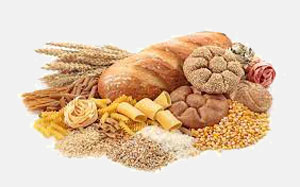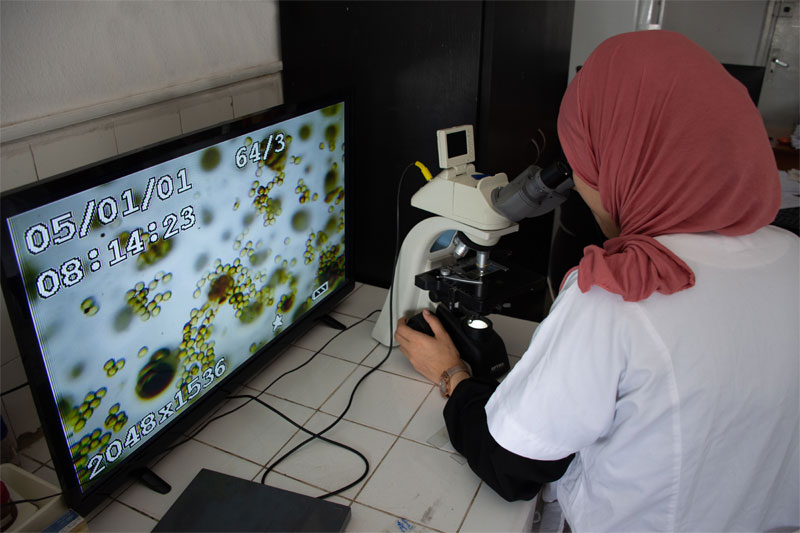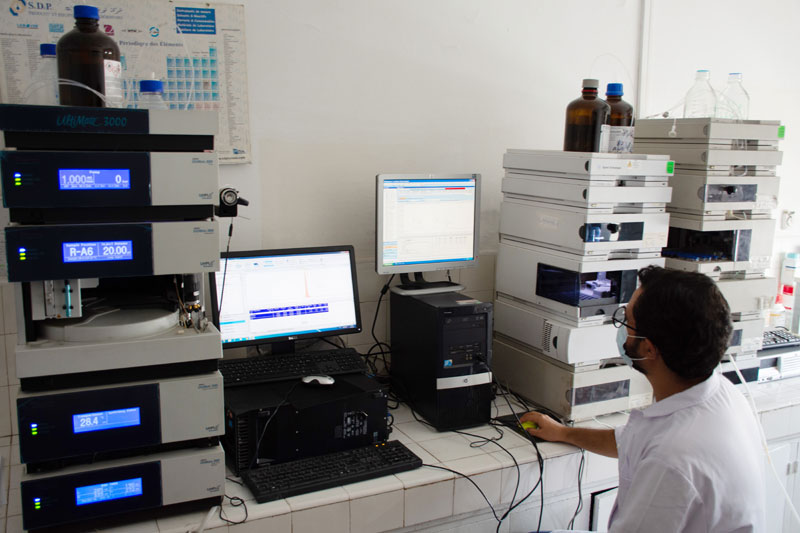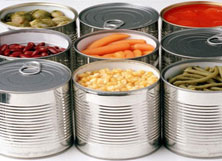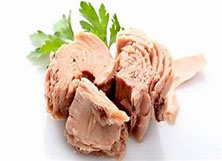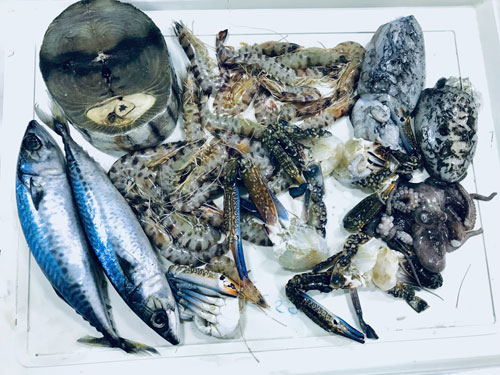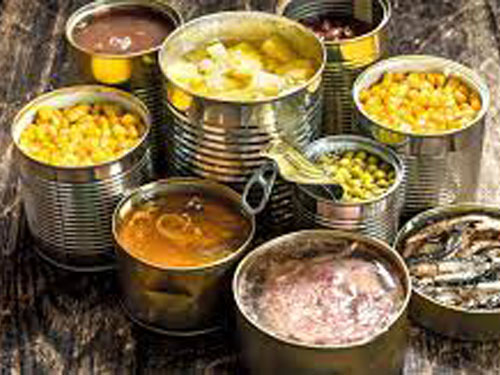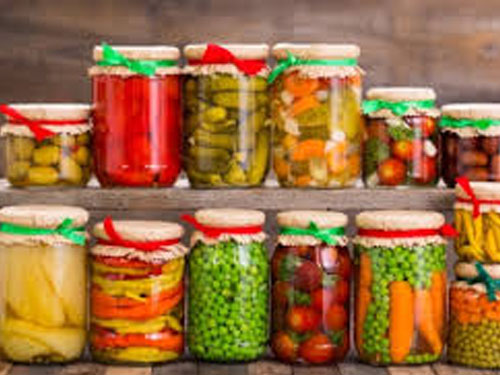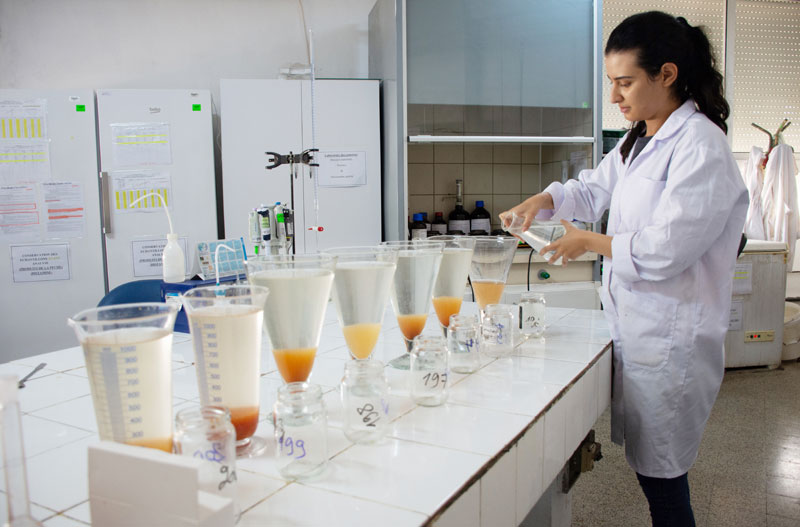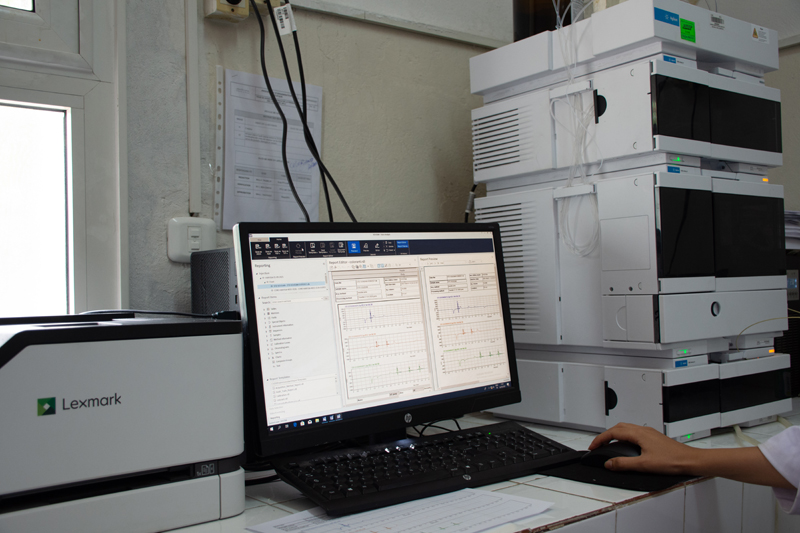Products of Plant Origin - animal feed
The laboratory offers analyzes to counter fraud and research the composition of food products.
Food fraud can be the intentional substitution, dilution or addition of a food or industrial product with the intention of financial gain, by increasing its value or reducing its production cost, or by fraudulent advertising. by incorrect labeling. The most affected foods are: Spices, sugars, pasta,….
With respect to its labeling, the laboratory ensures the compliance of the food or animal feed product, as well as the compliance of its composition with the standards of specifications or regulations in force.
Our experiences
- Experience of more than 40 years
- Availability of this activity at the level of other centers, those of SOUSSE and SFAX
- Participation in the various inter-laboratory circuits of BIPEA since 2010 (circuits 01-02-13 and 20)
- Contributes, as an active member, to the review, adoption and creation of analytical standards and specifications
- Creation of a histological database (spices and herbs).
- Regular monitoring of the quality of the physico-chemical analyzes using several tools (MRE, duplicate tests, spiked samples, etc.).
Nature of Products:
- Cereals and grain products
- Spices and aromatics
- Tea, coffee
- Cocoa and cocoa and chocolate substitute products
- Dates, fruits and vegetables
- Legumes, and dried fruits
- Sugars
- Juice and syrup
- Dietetic food products.
- Animal feed
Nature of the analyzes :
- Compositional and nutritional analyzes : Protein, fat, lactose, Caloric value, acidity, dry matter, carbohydrates, vitamins, sodium, trans fatty acids,Ect,…
- Mineral elements
- Additives : Dyes; preservatives; organic acids; SO2; Vitamins,…
- Mycotoxins: Aflatoxin B1; B2; G1 and G2; Ochratoxin A; zearalenone
- Organic contaminants:résidus des pesticides,…
- Microbiological contaminants
- Biological contaminants : OGM
Our skills
- TUNAC accreditation in the field of microbiology of products of plant origin and animal feed since 2004
- TUNAC accreditation in the field of pesticide residues in cereals
- Regular participation in CIL BIPEA, RAEMA, FAPAS: analysis of composition, mycotoxins, mineral elements, microbiological contaminants
